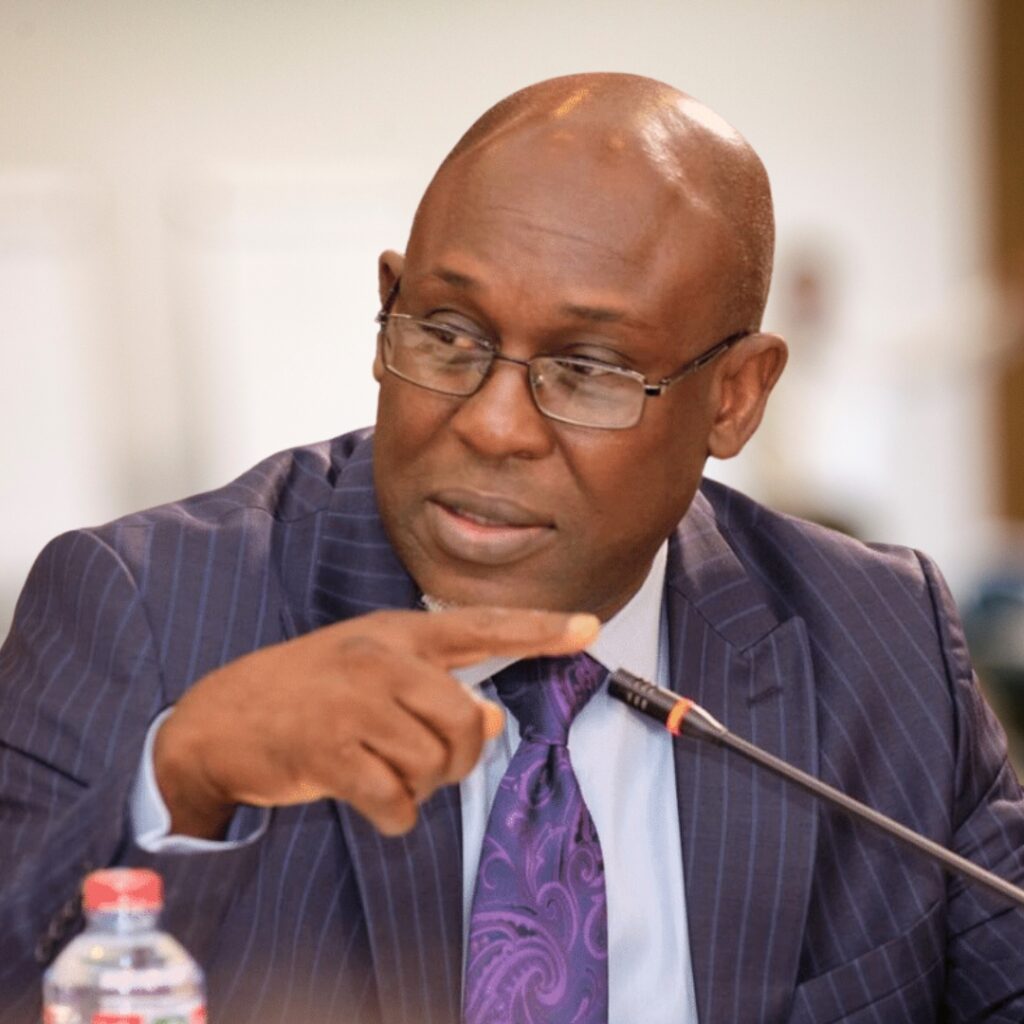Vice President of IMANI Africa, Kofi Bentil, has called on the Supreme Court to provide clarity on whether the removal of a Chief Justice from office is legally the same as the dismissal of a Supreme Court Judge.
Speaking on TV3 New Day’s The Big Issue on Thursday, September 18, 2025, Mr. Bentil argued that the Constitution distinctly outlines the appointment, tenure, and removal procedures for a Chief Justice and for a Justice of the Supreme Court, and therefore the matter requires a definitive judicial pronouncement.
“There is a persuasive argument within the law and constitution and the persuasive argument is the fact that the positions of Chief Justice and a Supreme Court Justice are different. The appointments are different, their treatments are different, their removal is different,” he explained.
He added:
“It is proper that we exhaust the adjudication of whether removal of a Chief Justice is the same as removal of a Supreme Court Justice.”
Mr. Bentil’s remarks follow the legal action by former Chief Justice Gertrude Torkornoo, who is challenging her removal by President John Dramani Mahama on September 1, 2025. She contends that the President’s warrant stripping her of both the Chief Justice position and her seat on the Supreme Court was unconstitutional.
The former Chief Justice is asking the court to declare that the President acted outside his powers and to nullify the removal warrant.
Reliefs Being Sought by Justice Torkornoo:
- A declaration that the President cannot remove a Justice of the Superior Court from office without following the mandatory procedure in Article 146 of the Constitution.
- A declaration that jurisdiction to hear such a petition lies with a body properly constituted under Article 146(4).
- A declaration that the President’s Warrant of Removal dated September 1, 2025, which removed her from both offices, is unlawful, null, and void.
- An order of certiorari to quash the said warrant as unconstitutional.
- Any further orders the Court may deem fit.
Mr. Bentil emphasised that the case provides a crucial opportunity to settle a constitutional grey area and protect the independence of Ghana’s judiciary.

